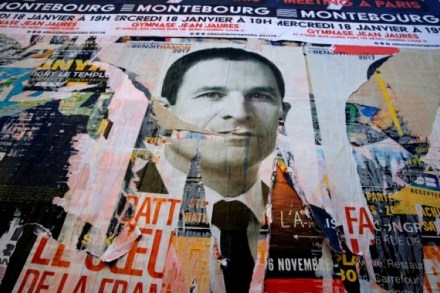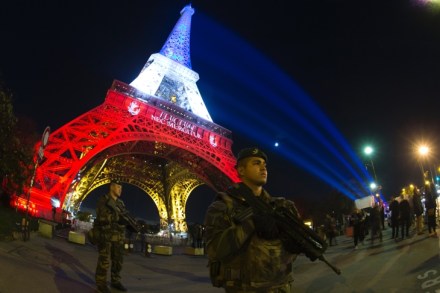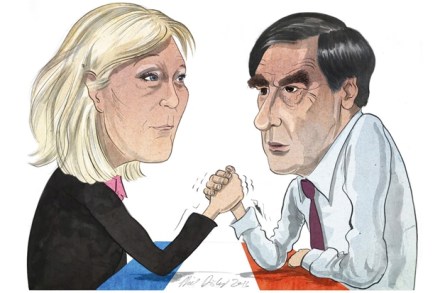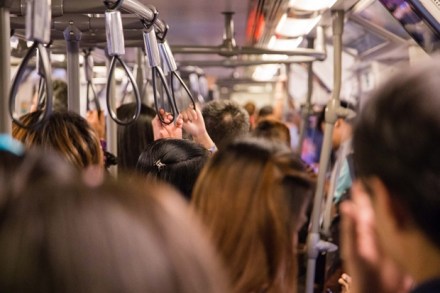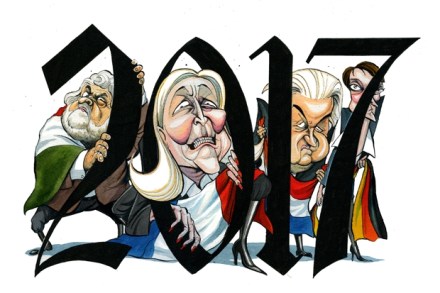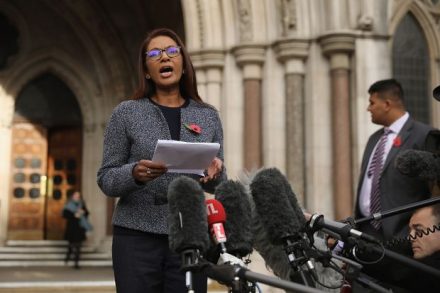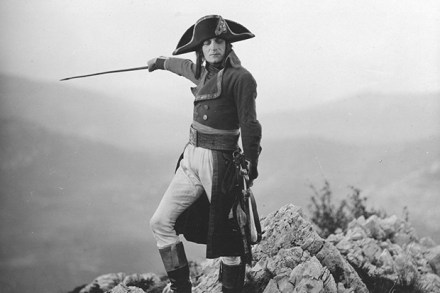Low life | 26 January 2017
‘If life is a race, I feel that I’m not even at the starting line,’ I said to the doctor in French. (I’d composed, polished and rehearsed the sentence in the waiting room beforehand.) She was a sexy piece in her early fifties with a husky voice. She listened to my halting effort to describe my depression with a smile playing lightly over her scarlet lips as though I were relating an amusing anecdote with a witty punchline lurking just around the corner. I further explained in French that I had been properly but briefly depressed once before, about 15 years ago. Here my tenses let me down badly, and


